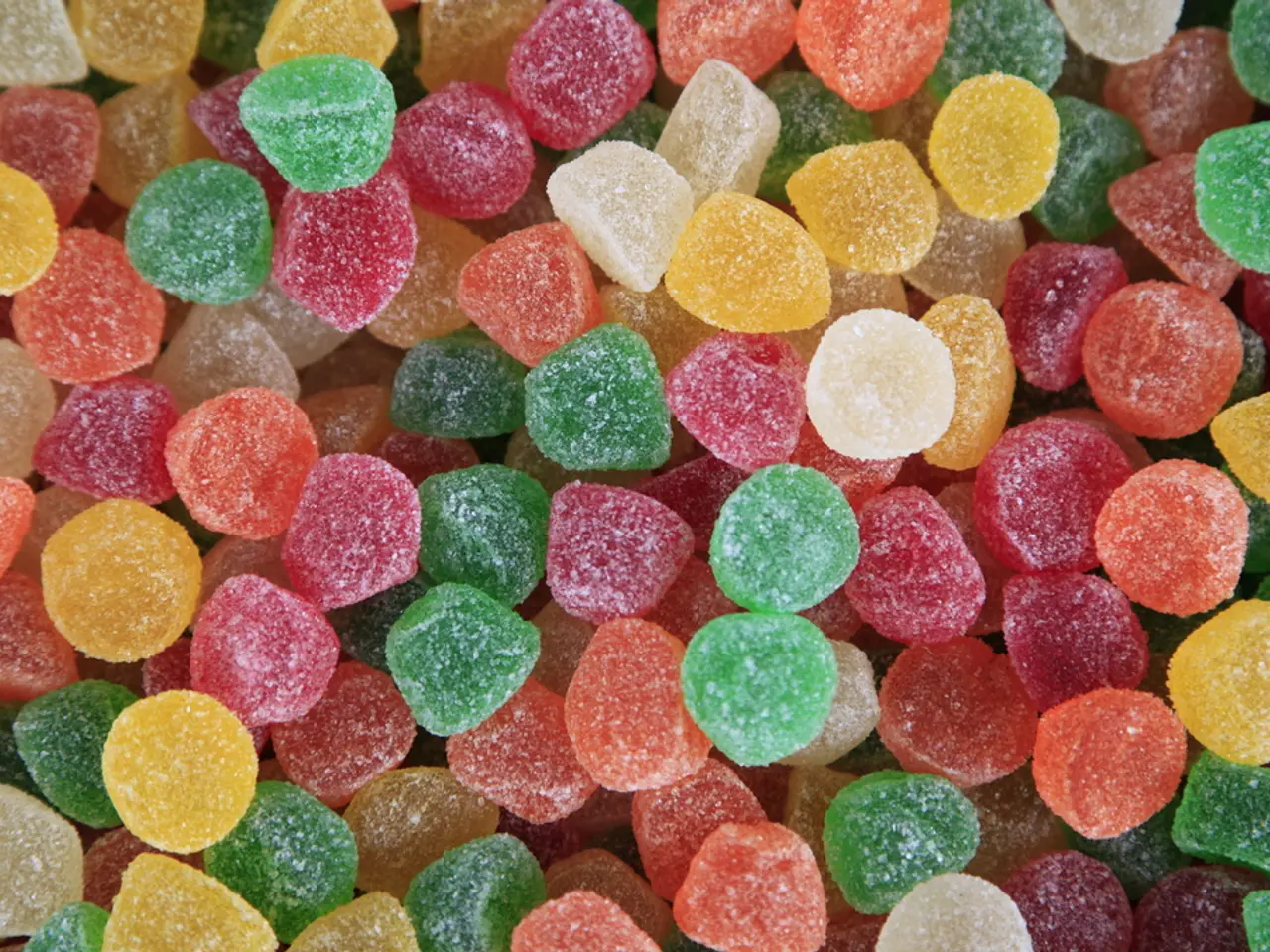Daily intake of diet soda allegedly accelerates brain aging at a faster rate than previously assumed, according to recent research.
In a recent study, researchers focused on the consumption of seven artificial sweeteners found in various beverages and foods, such as soda, energy drinks, flavored water, yogurt, and low-calorie desserts. The study, published in the journal Neurology, tracked 12,772 adults averaging 52 years old for an eight-year period.
The specific sweeteners included in the study were aspartame, saccharin, acesulfame-K, erythritol, xylitol, sorbitol, and tagatose. The highest-consuming group had an average of 191 milligrams per day, while the lowest group consumed an average of 20 milligrams.
The study found that participants who consumed the highest amount of artificial sweeteners had significantly faster declines in thinking and memory skills. In fact, the highest-consuming group lost about 1.6 years in extra brain aging, with a 62% faster decline.
Moreover, a separate study conducted at the University of North Carolina, USA, suggests that consumption of artificial sweetener Splenda could increase hunger. This finding adds to the growing body of evidence suggesting that artificial sweeteners may not be the healthier alternative to sugar that many believe them to be.
However, it's important to note that the study on artificial sweeteners and brain health had limitations, including reliance on self-reported dietary data collected only at baseline. More research is needed in other groups and using other tools, such as neuroimaging, to see whether specific brain lesions are linked to sweetener use.
Dr. Brintha Vasagar, a family physician based in Milwaukee, suggests that instead of relying on artificial sweeteners, people can try other ways to add flavor and sweetness, such as using fruits, honey, or maple syrup in moderation. She also recommends opting for water instead of diet soda, which can be infused with cucumber, mint, or fruit for added flavor.
For those who have diabetes and use artificial sweeteners, it is recommended to see a physician for help creating an individual plan. Most experts recommend consuming less than one serving of artificial sweeteners per day, ideally for a short period or only once every few weeks.
The Calorie Control Council stated that low/no-calorie sweeteners are safe and consistently confirmed as such by global health authorities, including the U.S. Food and Drug Administration and the European Food Safety Authority. However, the researchers recommend that the safest approach is to reduce artificial sweetener consumption as much as possible, ideally avoiding them altogether.
In addition to water and natural sweeteners, fresh fruits, vegetables, nuts, and cheese are healthy snack options without added sugars. By making these choices, we can take steps towards a healthier lifestyle and potentially reduce our risk of negative health outcomes associated with artificial sweetener consumption.
Read also:
- Recognition of Exceptional Patient Care: Top Staff Honored by Medical Center Board
- A continuous command instructing an entity to halts all actions, repeated numerous times.
- Oxidative Stress in Sperm Abnormalities: Impact of Reactive Oxygen Species (ROS) on Sperm Harm
- Is it possible to receive the hepatitis B vaccine more than once?








